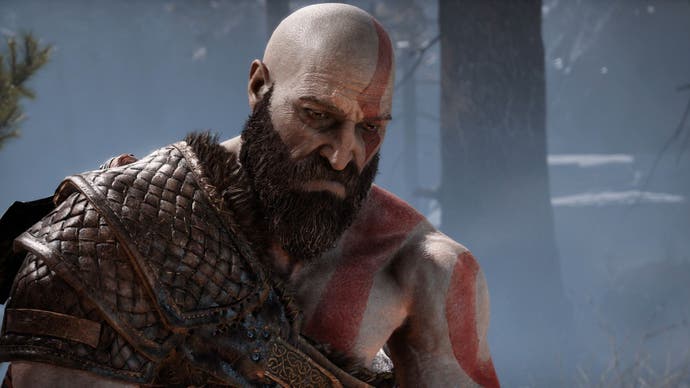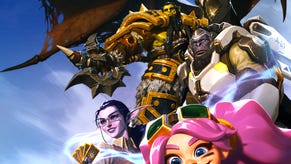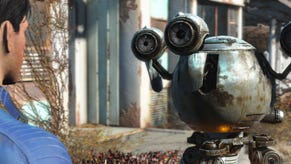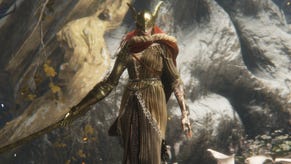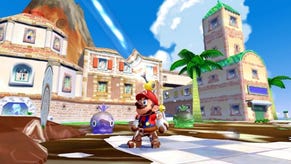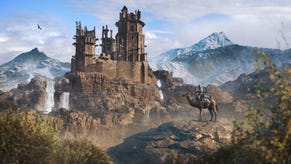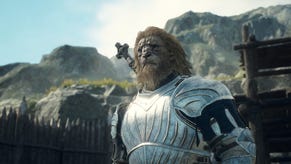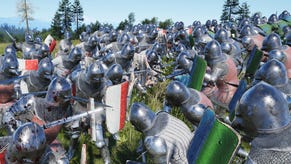Bungie, Naughty Dog, Sony Santa Monica and Blizzard talk about crunch
"I see progress..."
Senior figures from four of the world's biggest developers - Bungie, Naughty Dog, Sony Santa Monica and Blizzard - have talked about their studio's take on crunch.
Crunch refers, if you're not aware, to studios working extended hours as they push towards a major deadline, usually launch. These periods of crunch can be extreme, and the combination of long days and no time off inevitably wears people down mentally and physically until they break. It's an issue which blights the games industry.
Bungie's Luke Timmins recently said the Halo 2 crunch nearly killed the company but serious changes had been made, and Destiny 2 would have no enforced crunch at all.
Bungie's world art lead Jason Sussman, speaking during an art panel at Digital Dragons 2018, echoed this. "We have a zero-crunch policy so we do not allow crunch," he said, and the audience applauded. "That was very important to us.
"As a lead," he added, "if I see my guys working late, I question them. People are passionate and if they have something where like, 'Man I just can't go home until I get this thought out of my head', that's fine. But if I see you doing that for too long then it's like, 'Hey man, I don't want you to get burned out.' It just results in less productivity, and I don't think people can maintain that level of creativity if you're killing yourself like that. There's a healthy version of that but it is super spotty when it happens."
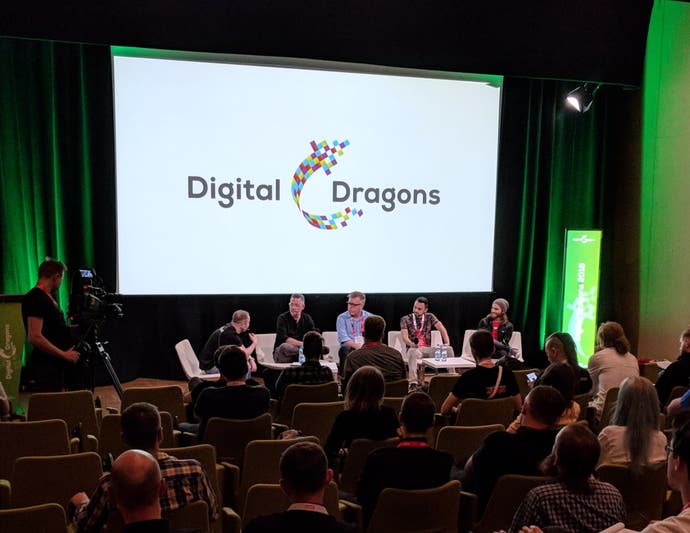
Andrew Maximov, former technical art director at Uncharted developer Naughty Dog - a studio which has been accused of having a crunch culture - took the microphone next. (Maximov left ND to start his own AI art company a couple of months ago.)
"It's tough," Maximov said. "We definitely have not found the balance you guys [Bungie] have. We're very lucky to have the kind of people who actually have a passion that is so hard to control for us, because we don't have producers, we don't have dedicated management, it's all just an absolute free for all, but that empowers ownership to a level where you can say 'I really care about this thing'. For us that has been the price we have to pay.
"Crunch is never mandated at Naughty Dog," he added, "that's the one thing that will absolutely never happen. No one will ever tell you to stay late. But, people do it, because they absolutely believe they want or need to do this one thing."
God of War senior sound designer Daniel Birczynski, who revealed yesterday how many layers were in the God of War dragon's roar, was next to share, and he suggested Sony Santa Monica still had some catching up to do.
"We do still have crunches," Birczynski said, "but what I want to mention is I see the mood of upper-management beginning to understand the effect it has on people's lives, so this is evolving and changing. I've seen people get burnt out a lot, and it's not worth it. It's depends on the studio and the culture of the studio, but I see progress for the environment I work in."
Last to talk was Thiago Klafke, a senior environment artist for Overwatch at Blizzard, who shared a more personal reflection, and reminded everyone to look after their mental health.
"Sometimes I have some mini-burnouts when I'm working on a thing for too long," he said. "I look at the same thing for two months and I'm like, 'I hate it, I can't look at it any more.' That's the time I go for a walk on the weekends and forget I work on games, and do random stuff that doesn't have anything to do with games. I do meditation.
"We have to take care of our mental health because we put a lot of a pressure on ourselves. We want to make better stuff, we want to get better faster, and that's something that burns you out. You've got to be careful with that. You've got to learn to enjoy the process, and when you're working try not to be over-thinking, 'Oh I'm slow and I can't do this...' It's hard but if you can do that, you burn out much more rarely."
Crunch has become synonymous with video game development. It's not a new thing - in 2010 there was the infamous Rockstar's Wives outcry, when spouses of developers working at Rockstar collectively protested the gruelling hours their loved ones were being forced to work, and THQ was causing "thousand yard stares" on the faces of exhausted Homefront developers - but crunch is an issue increasingly in the spotlight.
Kotaku writer Jason Schreier has written at length about crunch in the past, and recently released an excellent book called Blood, Sweat, and Pixels, which highlighted difficult development periods at several studios including: Bungie, during the making of Destiny; Naughty Dog, during the making of Uncharted 4; and Blizzard, during the making of Diablo 3. I mention those companies because of the speakers in this article, but they are far from the only companies featured in the book or, indeed, scrutinised for crunch.
Polish darling CD Projekt Red is in the book and has increasingly come under scrutiny for crunch while making The Witcher 3: Wild Hunt. CD Projekt Red even issued a statement in response to accusations of low morale and crunch recently, stating, "This approach to making games is not for everyone." Episodic story specialist Telltale Games, too, was recently exposed as having a culture of crunch.
It's not just big companies. Smaller teams and solo developers have been known to work themselves to the bone, albeit at their own behest rather than from the pressure of larger organisation. Eric Barone spoke openly about the four years of self-imposed crunch he faced making Stardew Valley.
The hope is exposure of crunch will push companies to positively change their ways, as Jason Sussman says Bungie has and as Daniel Birczynski suggests Sony Santa Monica is. Discussion will also help us - the players of the games - be more discerning about the companies we support, and be more understanding of the human cost of development behind them.
